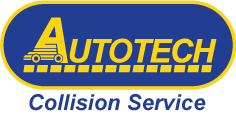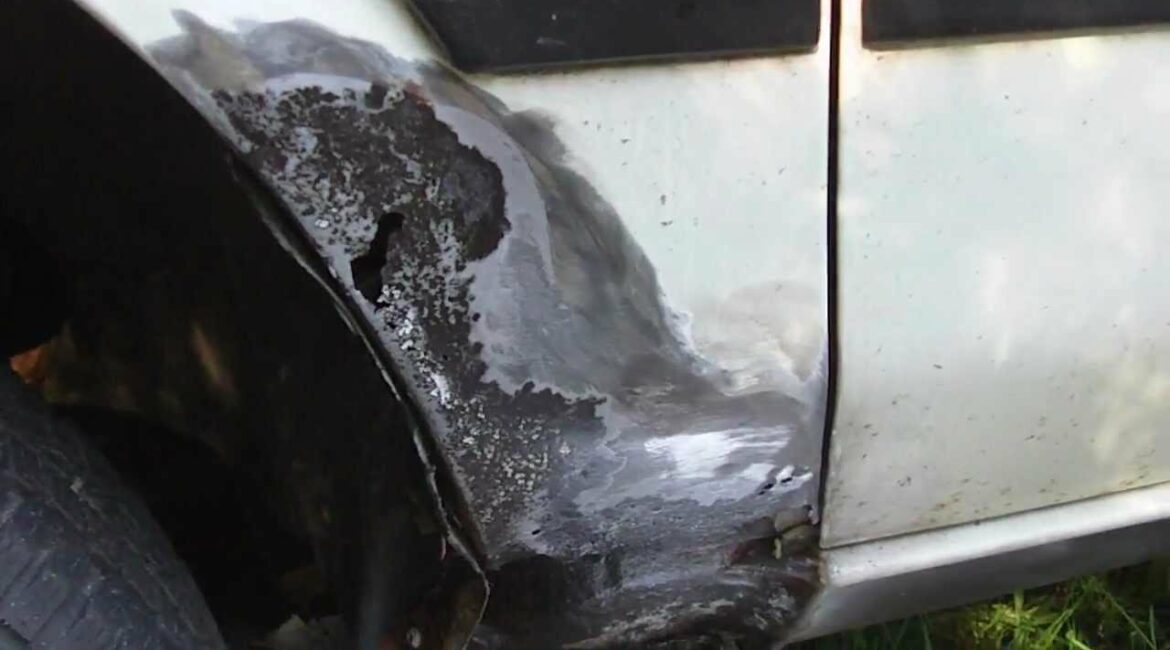When you take your car to be repaired, any body shop will promise you they can fix your car. Although they can technically “fix” your car, it’s all about finding an autobody shop that knows how you repair your car the right way. You don’t want a temporary fix or a band-aid type of repair. You want a repair that is built to last for how long you own the car. This is why there are repair procedures laid out by your car’s manufacturer to ensure you have a long-lasting repair.
Here at Autotech Collision Service, we will only repair a car the way manufacturer instructs. Because of this, we’re proud to say we are Honda and Acura certified. This means that our technicians know exactly how to repair any Honda or Acura that comes into our shop. You can rest assured that an OEM certified repair will repair your car exactly as the manufacturer instructs. No substitutions, no shortcuts, only the best because that’s what you deserve.
We never cut corners in the repair process because your safety is our #1 priority. You see this happen all the time at body shop chains. We know an OEM repair is also protected from any potential corrosion that can happen with an improper repair. This is a safety hazard, which is why we take repairs very seriously for New Jersey drivers. Can you imagine getting your car back with new problems because of poor repair practices? We never cut corners in the repair process and never will.
You might be wondering why do some shops cut corners? To put it simply, technicians will cut corners to save time and to save the insurance company money. This is especially true when it comes to corrosion protection when preparing your Honda or Acura.
What Is Corrosion Protection?
If you’re reading this, chances are you probably don’t know what corrosion protection is and what is has to do with your car. We’re here to explain what it is and what it means when it comes to repairing your vehicle.
If you were to take your Honda or Acura to be repaired at a New Jersey body shop, several areas of corrosion protection on the vehicle are disturbed. When this happens, hot spots are created that can create a repair failure if certain precautions are ignored.
When a damaged metal panel is cut, and a new one is welded in, the surrounding areas have to be free of paint and rust. Otherwise, the heat from the welder will burn the paint. The burned paint and rust can contaminate the newly repaired weld, making it unsafe for you to drive. Most body shops know you need to sand the surrounding metal before making any weld, including spot welds. However, body shops that are part of a chain (commonly known as as “high-production shops”) often neglect to paint over the repair or apply the OEM recommended sealant.
Corrosion protection can be as simple as painting a repaired area and anywhere metal is exposed. Or, it can include the application of a factory recommended foam, adhesive, seam sealer, or body cavity wax.
When a repair is made to a hollowed-out area, such as a rocker panel, a high-quality body shop will apply body cavity wax (if the OEM manufacturer calls for it). This will prevent rust from attacking the bare metal. High production body shops will eliminate this step since you can’t see it from the vehicle (though, they know it’s there). If that happens, your car will be essentially eating itself from the inside out. Eventually, your new rocker panel will be completely rusted.
The photos shown below are examples of corrosion due to a bad repair:


What Do Honda And Acura Say About Corrosion Protection?
Honda/Acura has OEM specific corrosion protection repair guidelines to make sure the above images don’t happen to your car. According to the Honda/Acura body repair manual:
- “When applying sealant (seam sealer) to the engine compartment, the door openings, and the rear gutter, try to match the factory sealant (seam sealer).
- Apply sealant (seam sealer) to any area that a replacement part will cover.
- Do not spray an anti-rust agent (cavity wax) on the brake system components, exhaust system components and related parts, emission control devices in the engine compartment, ball joint covers, the fuel strainer, or exterior and interior parts.
- Follow the anti-rust agent (cavity wax) manufacturer’s instructions.”
Why Are OEM Repairs So Important?
You paid a lot of money for your car, so it’s only normal you want it to perform well for as long as you own it. Nobody goes to get their car repaired for a “temporary fix,” and if they do, it’s just a means to an end. If a technician follows the Honda/Acura OEM procedures, they are able to repair your car to the highest standards of safety and quality. The best technicians know to look up the exact products needed for this type of repair in the different manuals for your Honda or Acura.
However, New Jersey body shops are not created equally. In fact, the state of New Jersey does not require auto technicians to have a license to work on your car. This means they can do whatever they want to your vehicle in the repair process instead of following the OEM repair procedures. In the case of corrosion protection for your car, repair failure is inevitable from an untrained technician who disregards the OEM or even I-CAR repair standards.
Where In New Jersey Can I Take My Honda or Acura To Be Repaired?
We at Autotech Collision Center refuse to repair your car any other way than what the manufacturer tells us. We’re proud to be both Honda and Acura OEM certified at our shop so we can provide you with the best service possible. This is because we know the importance of OEM repairs and never take any shortcuts in the repair process. Each car that comes into our shop receives their own unique repair plan have been serving Southern New Jersey for nearly 30 years. We are customer-focused and know what it means to perform a safe repair.
At Autotech, all of our technicians have received extensive training and are up-to-date on the latest OEM Repair procedures. We will work with you and your insurance company to ensure a stress-free repair.
If you’d like to schedule an appointment or to get an online quote, click any of the buttons below! Or, feel free to give us a call at (856)-232-1833. We look forward to hearing from you!



